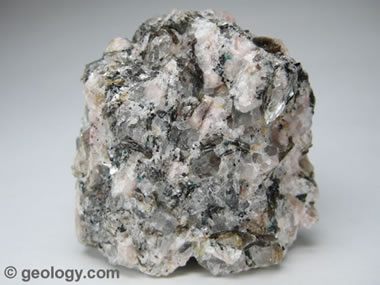
I read a book by Art E. Berg, Some Miracles Take Time. (1990. Covenant Books) Art Berg was badly injured in a car accident a few months after he returned from an LDS mission. He became a quadriplegic as a result of the accident. His story is full of perspectives and is thought-provoking. Well worth the read.
He created a parable that serves as a reminder of the burdens created by carrying grudges and judgement:
"A man walked along a dusty highway. In a short while he came upon a small community. He was hot, tired, and thirsty, and began to search for an appropriate resting place.
In his search, he found a group of people who were unwilling to help him, intolerant, and selfish. Rather than assist in tending to his needs, they sent him on his way unsatisfied. The man stood at the far edge of town. Looking back, he gently picked up a rough stone from the highway, placed it in his bag, and said to himself, 'I'll remember this.'
As he traveled farther, he came upon a gathering of people beside the highway. They all wore the finest clothing and jewelry that one could possibly desire. THe man had traveled long without companionship and was hungry for human conversation. He would rest here a while, acquaint himself with these good people, then be on his way again.
As he approached, someone from the group caught a glimpse of him and began to laugh and point. The others looked, and they too laughed at the man whose clothes were torn, dirty and old. The man hung his head and traveled on. A short distance later, he reached down and picked up another stone, this one larger than the first, and placed it in his bag, saying, 'I'll remember this'.
Finally, unable to go any farther without rest, he sat beneath the shade of a big tree and slept. Upon awakening, he found that someone had stolen all his possessions except the bag with the stones. Quickly, he found another large stone and placed it in his bag and moved on, repeating, 'I'll remember this'. These stones became the only thing that this man carried. Each day he took his stones from the bag to count and clean them. Each day, as he suffered more and more injustices, cruelties, and unfairness, he gathered more stones to add to his growing collection.
At last, one day, he found he could go no farther. His bag was full and heavy and difficult to bear. However, his stones had become too important for him now to leave them. They had become the center of his life. He cared for these stones, talked of them in his conversations with others, and used them to justify his own acts of misbehavior. What would he do without them?
So he continued to carry them. His back became bent with the weight as he strained through life collecting these stones. His eyes became cynical, and his body showed signs of early aging. But he could not give up his stones. Finally, in frustration he died. (p. 51-52)
No comments:
Post a Comment